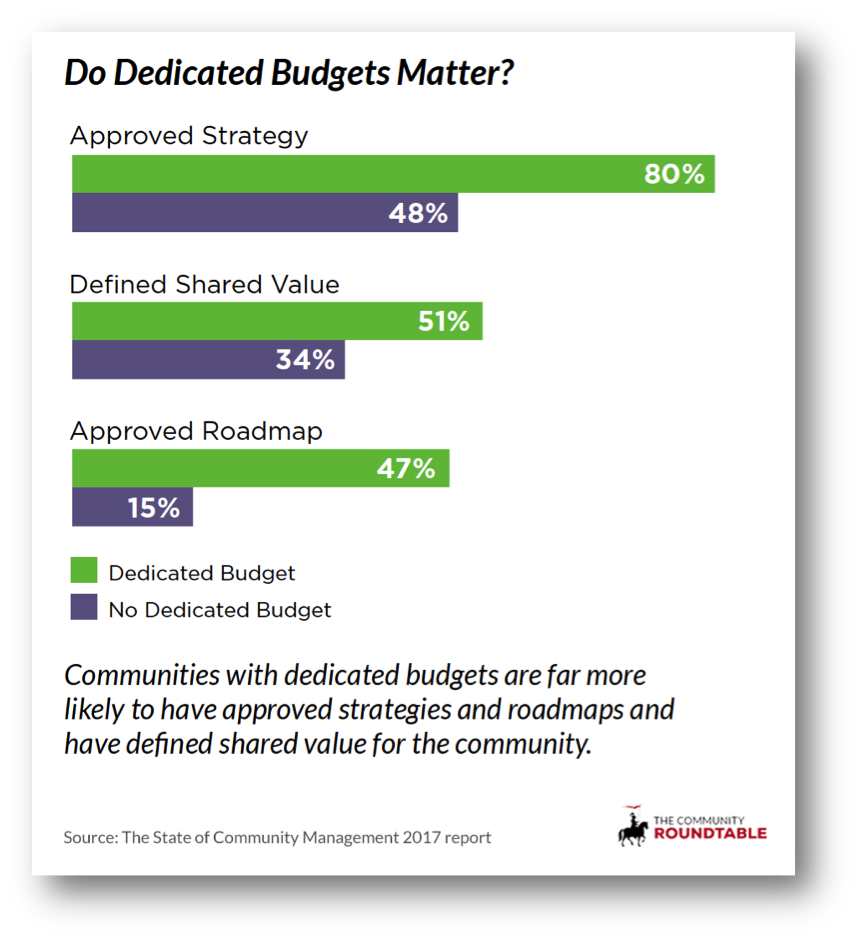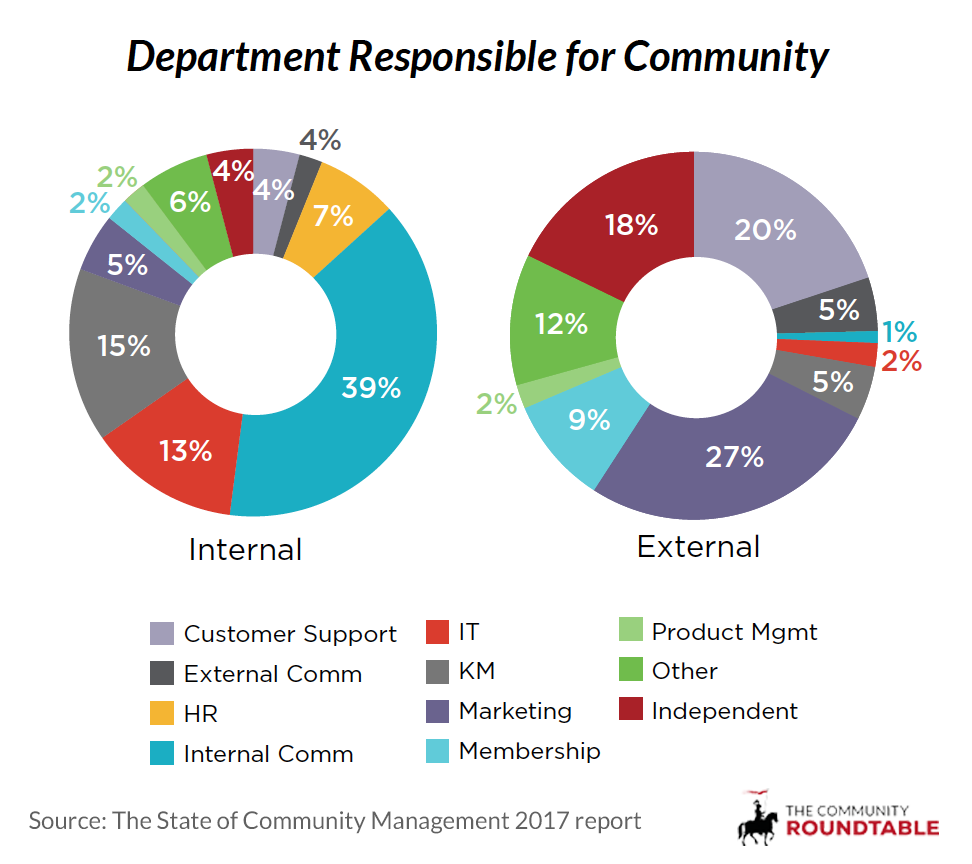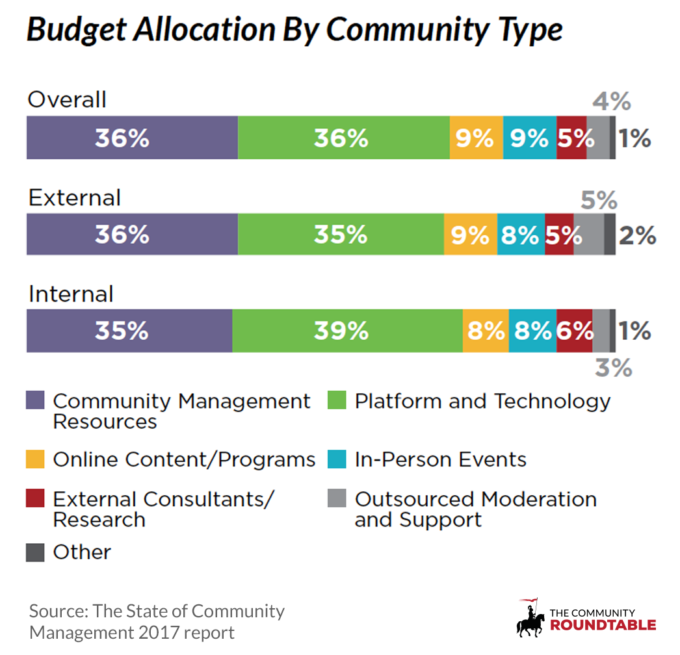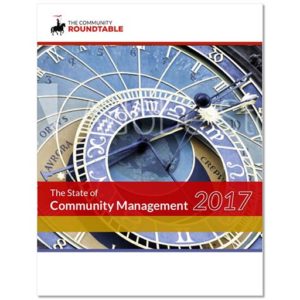
One of the questions we ask each year in the State of Community Management survey is whether communities have their own budget. It may not seem like a big deal – and to some community leaders, dealing with the budget process might sound unappealing.
However, we consistently see correlations between having a dedicated budget and those who are able to move their communities forward more effectively.
Communities with dedicated budgets are more likely than their peers to:
- Have an approved community strategy (80% to 48%)
- Have an approved roadmap (47% to 15%)
- Have a formal advocacy program (42% to 27%)
It’s not a matter of age – communities with dedicated budgets were only slightly older on average than those without. But a dedicated budget lets a community program owner allocate resources more effectively, and makes it easier for him or her to connect allocated resources with community elements.
If you’re looking to enhance your community, it might be time to ask if you can stop sharing – your budget. It could accelerate your ability to change.
Don’t have your copy of the SOCM 2017 yet? Download it now.

 Here’s an interesting piece of data from the SOCM 2017: for the first time, communities say they are spending more on people than on technology.
Here’s an interesting piece of data from the SOCM 2017: for the first time, communities say they are spending more on people than on technology.


